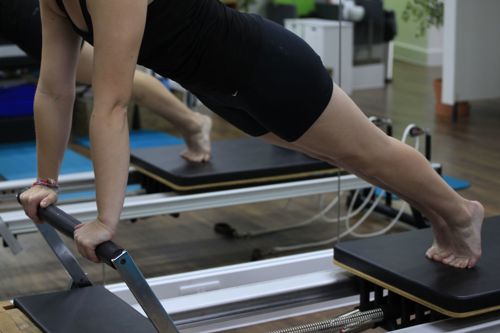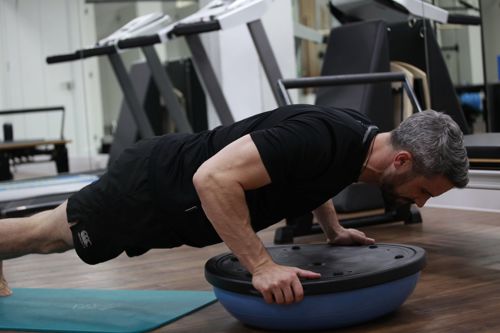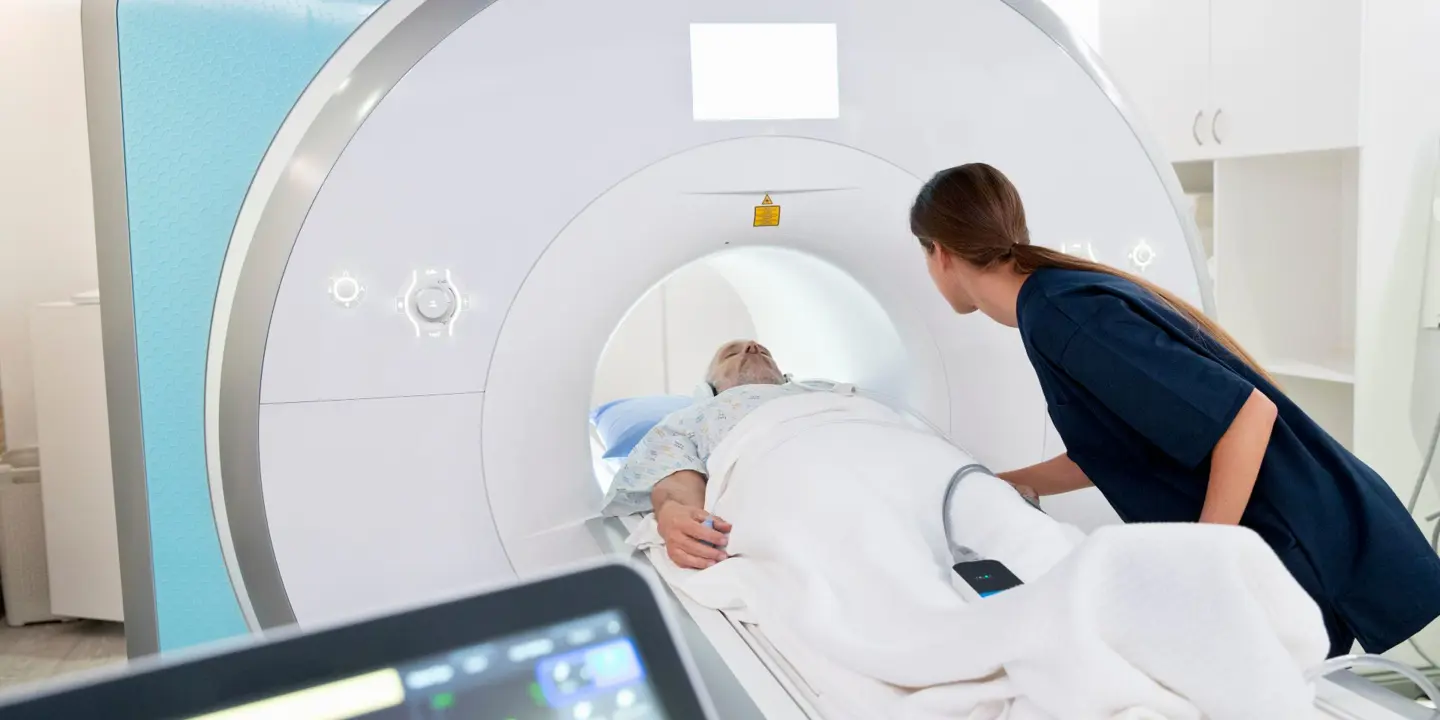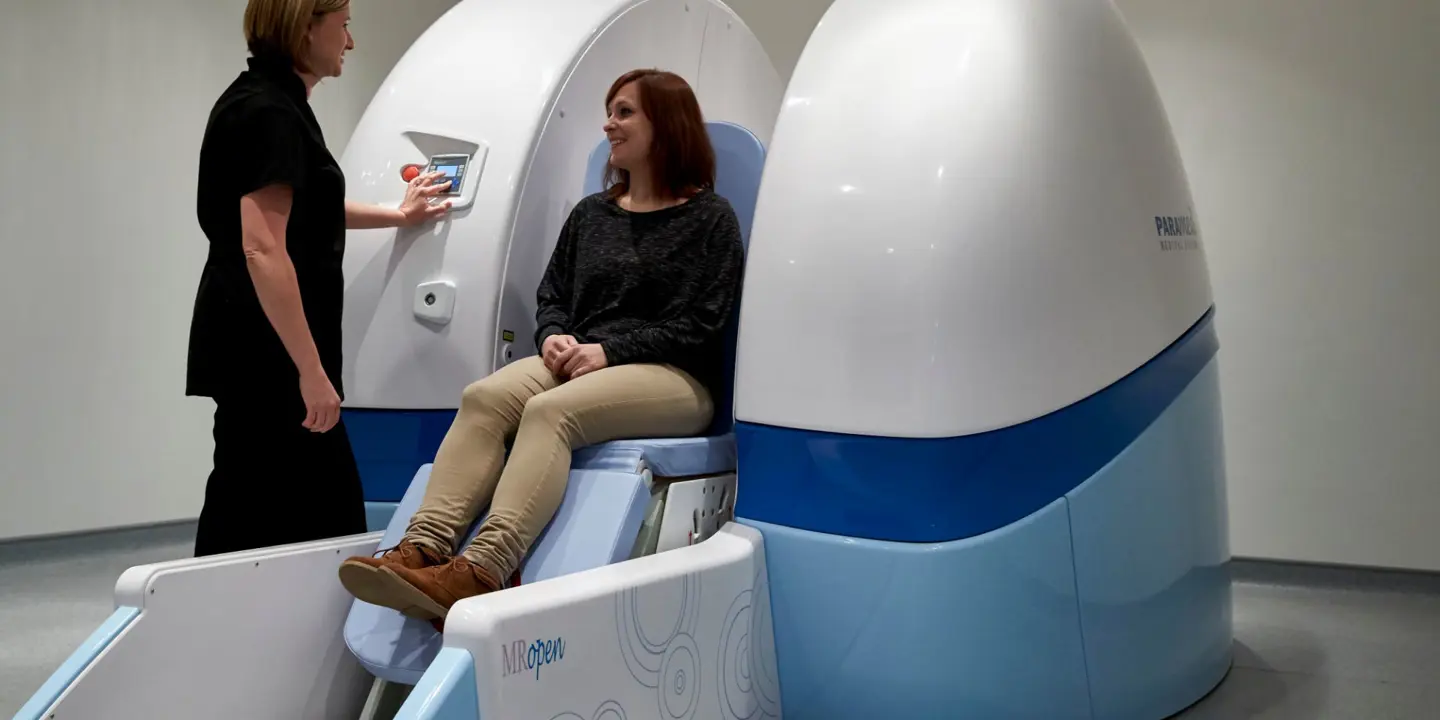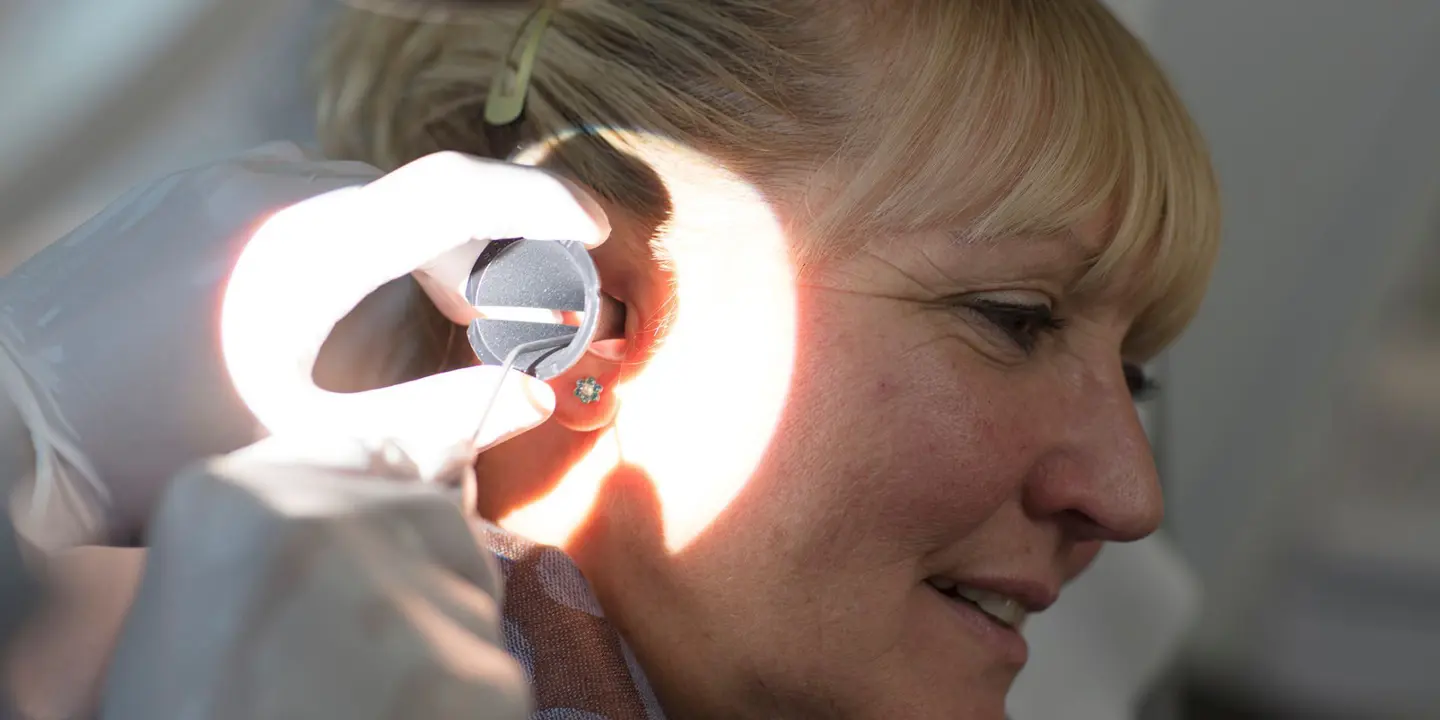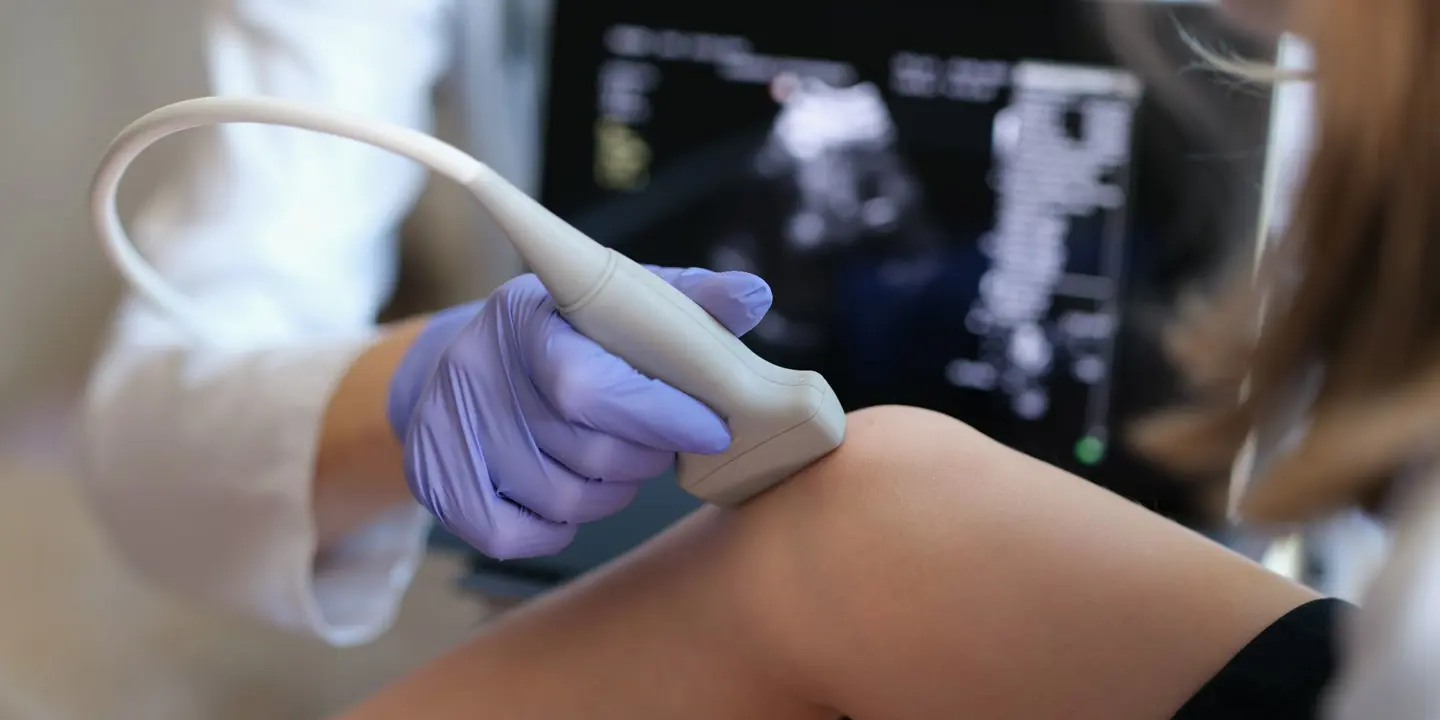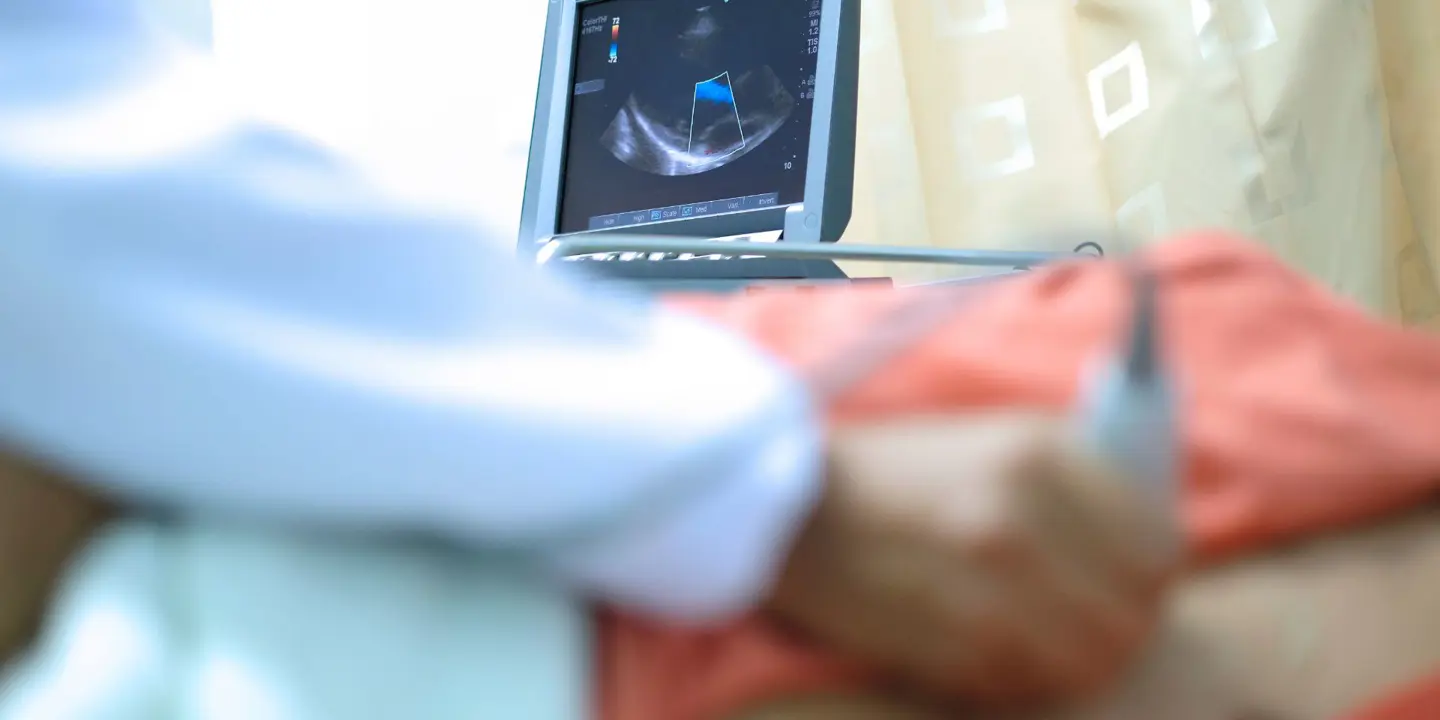100 years on from inception, Pilates has evolved a lot from the days of Joseph Pilates and his 1920’s work with Ballet companies of New York. Although the ethos and exercises remain popular, the demographic of those who practice Pilates has changed. Over the years, the Pilates method of full body mobility and strengthening has been adopted by health and fitness professionals worldwide. Pilates has been largely populated by women, of all ages, attracted perhaps by the low intensity yet hard-hitting regime.
“Contrology is not a system of haphazard exercises designed to produce only bulging muscles”
Joseph Pilates.
What is the history of Pilates?
Pilates formally known as ‘Contrology’ was designed to challenge the way we move, increasing our available mobility and improving our strength and control through this new range. Mr. Pilates studied animal movements when he was creating this concept which is evident in some of the classic Pilates footage. It has a focus on recruiting through our primary sling which consists of the diaphragm, transversus abdominis, multifidus, and pelvic floor muscles. Using low intensity, focused activation of these muscles in conjunction with mindful breathing has contributed to the growing popularity in rehab for postpartum women and rehab of spinal pathologies in particular.
Matwork classes through the 1980s and early 2000s have been particularly popular for postpartum rehab and even chair-based classes have been devised for those that struggle to get on and off the floor. However, better late than never, London’s men have got on the Pilates wagon.
Describe the types of Pilates
There are many different formats of Pilates classes these days. The main differing types can be divided into matwork based or equipment based. Both types have the core principles to their teaching- mobility, control, focused primary sling activation, proprioception and global muscle strengthening. The matwork classes provide a great starting point for beginners, those rehabbing acute injuries and postpartum women.
Equipment classes also provide a great platform for the aforementioned, but then also offer a higher level of performance opportunity. The large equipment classes can vary from reformer machines, Cadillacs, Wunda chairs, barrels...the list can go on. Probably the most widely used and known is the reformer machine which has been adopted by most gyms across the Country.

All these concepts serve to improve general body awareness, movement control, and mobility. To push forward with strengthening I would suggest considering an equipment based class as the bodyweight exercises can be made harder by increased resistance via pulleys/springs or by decreasing the stability with moving platforms or less resistance.
The use of equipment in our classes is a definite factor in why city working men are cottoning onto the Pilates craze. Unlike the matwork based classes, the equipment provides a workout to get the heart rate up with adding resistance (in a controlled manner) and aerobic challenges via plyometric exercises (like using the jump board on the reformer). This teamed with small controlled movements with little support that look deceivingly easy can in my experience provide a welcomed and eye-opening challenge to the high flying population I deal with.
” A few well-designed movements, properly performed in a balanced sequence, are worth hours of sloppy calisthenics or forced contortion.” Joseph Pilates.
What Pilates classes do you offer at Six Physio?
At Six Physio we run small group (3:1) classes to provide the much-needed feedback throughout the class to gain the most benefits and ensure our classes are safe in promoting health and fitness. We offer bespoke classes per individual also to work on their personal fitness goals, whether that be reduced stiffness from working at a desk all day to supporting an ironman training regime. We find a lot of our male population who have been coming to our classes long term are golfers or racket sport players in their spare time. The equipment has helped to increase their available spinal rotation crucial for playing their sport well and preventing niggly injuries.
I head up the Pilates service at Six Physio Monument, where over the past year it has been raining men, with 70% of my classes now occupied by lads, dads, and the occasional geezer.
This trend has recently been reflected in the media with high profile men reporting to have been practicing Pilates for several years now. With Andy Murray using Pilates as a form of rehab for his widely spoken about hip resurfacing, to David Beckham for general fitness goals and even Cristiano Ronaldo for a little bit of posing.
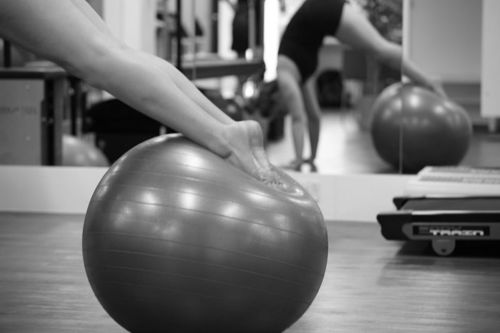
“Pilates is complete coordination of body, mind, and spirit” Joseph Pilates.
The emphasis on breathing techniques within Pilates has been an additional factor in creating a more male client base. With more awareness of the effects of stress on our physical and mental health, these lower-level exercise regimes have been sighted as a useful way to incorporate mindfulness in their busy schedules. Throughout our classes, I focus on reducing apical breathing by incorporating diaphragmatic or lateral breathing techniques alongside postural correction of the neck, shoulders and upper back. This can help with reducing stress levels, increase lung volume and reduce accessory muscle tension.
Describe your personal Pilates journey.
My personal Pilates journey has helped rehab chronic neck issues, help control and strengthen my hypermobile joints and become confident in practicing higher level workouts in the gym. I certainly would recommend everyone to try Pilates no matter what the personal goal is as there is always something to be gained. Joseph used to state that “ You will feel better in ten sessions, look better in twenty sessions, and have a completely different body in thirty sessions.” I’m not sure about promising a completely different body, but I certainly back the feeling better after 10 sessions.
How do you see the future of Pilates?
100 years on, with 2020 vision I see the popularity of Pilates to continue to thrive and look forward to welcoming more men into our classes.



